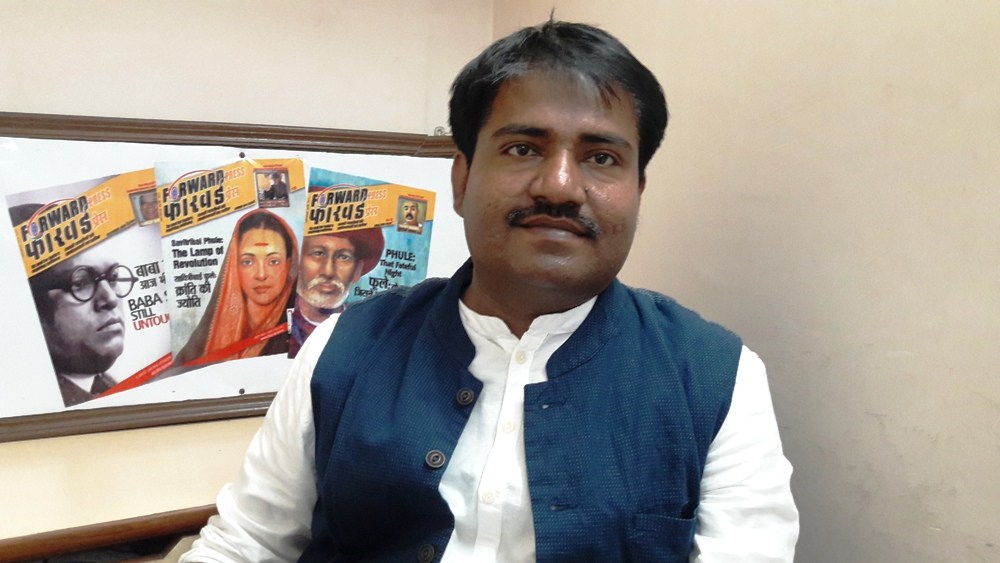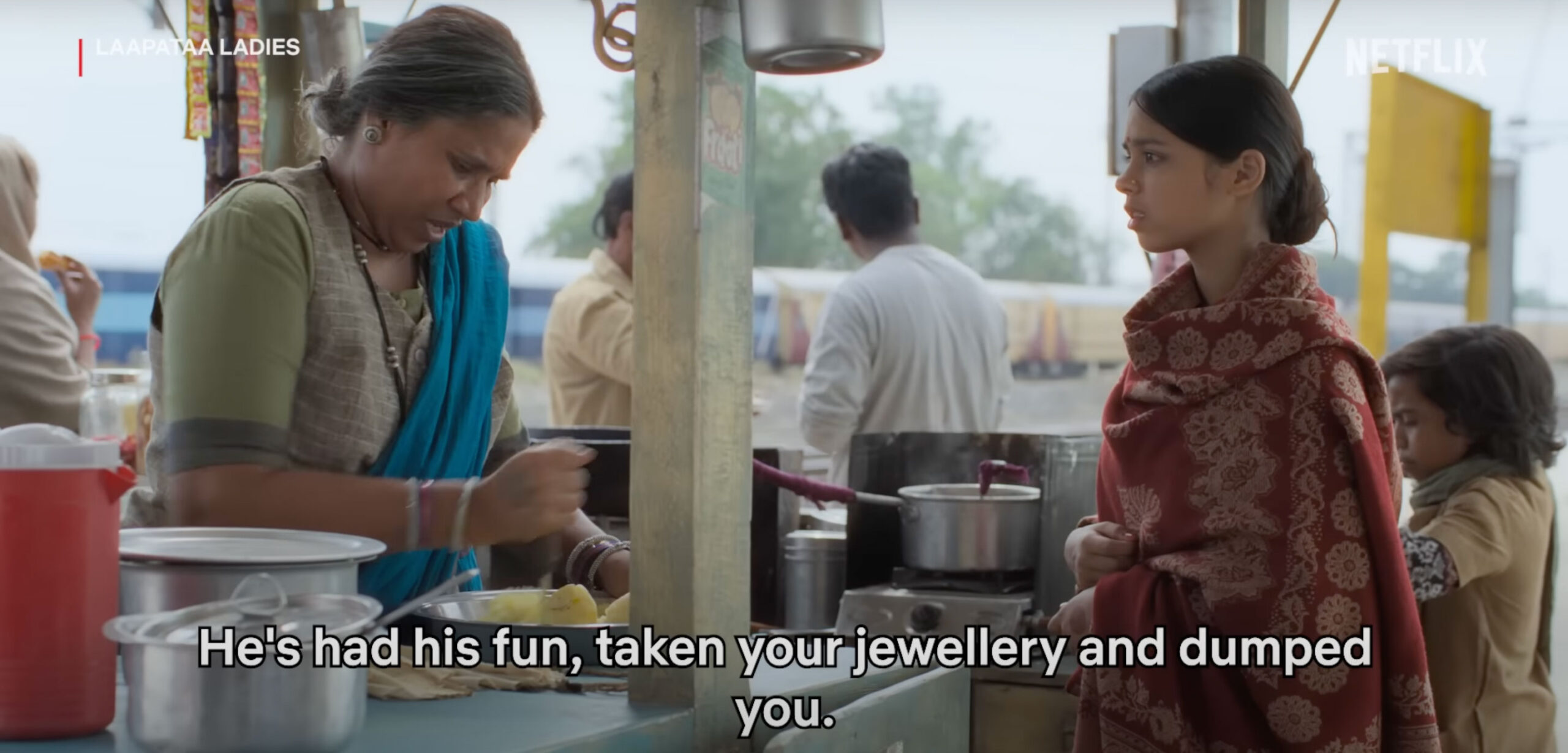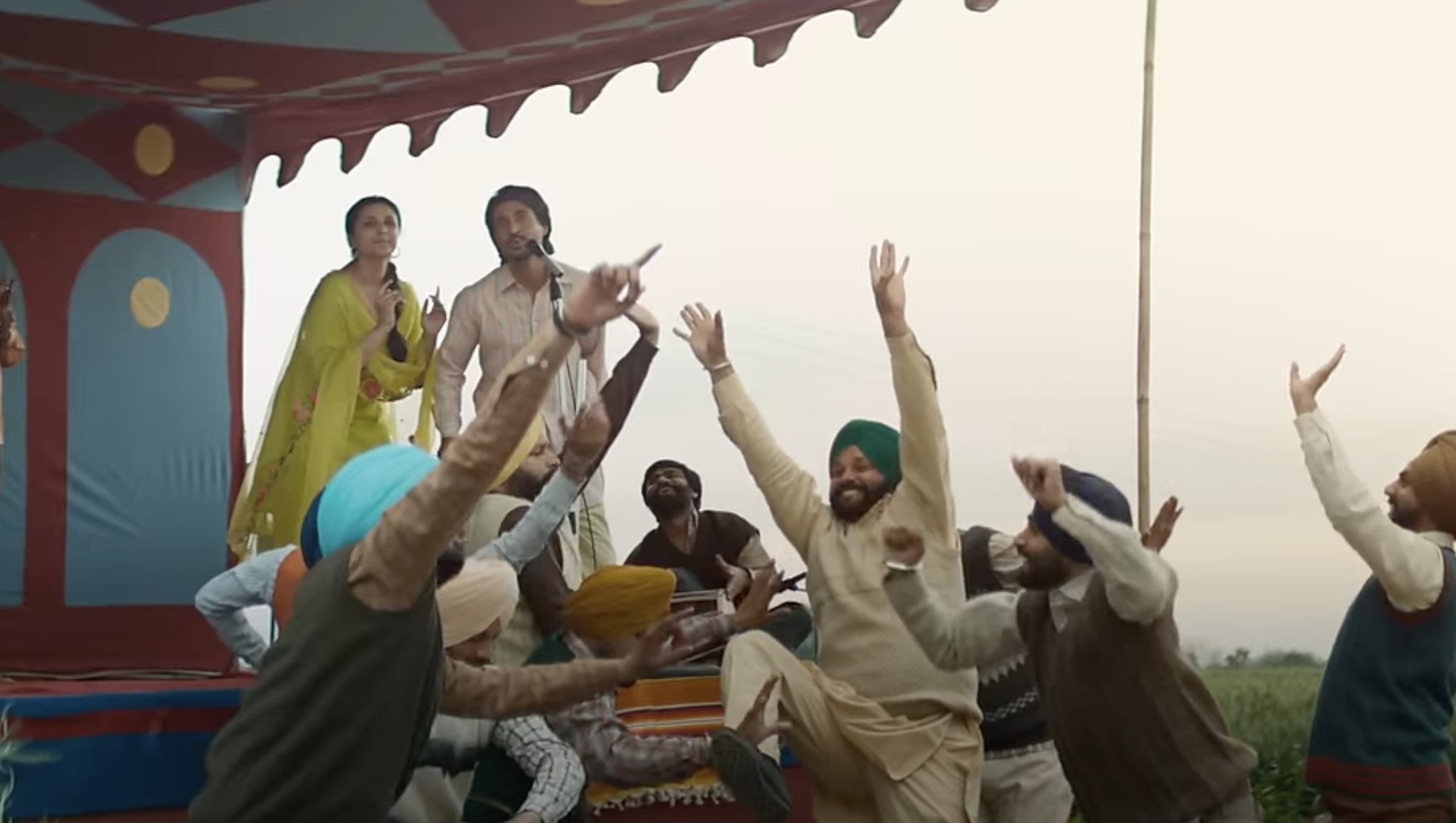
Rajesh Ranjan, alias Pappu Yadav, who entered the Lok Sabha vanquishing a stalwart like Sharad Yadav in Bihar’s Madhepura constituency, is known for his unique brand of politics. Last year, on the eve of the assembly elections, he quit the RJD to float his own political outfit, the Jan Adhikar (Loktantrik) Party. Yadav, who believes that the youth should be the focal point of politics, is also a controversial figure. He spent a long time in the Tihar Jail on the charge murdering leftist leader Ajit Sarkar before being acquitted and rejoining active politics. Pappu Yadav has been a forthright critic of Brahmanism and of the upper classes of Bihar.
Excerpts of a candid conversation with Nawal Kishore Kumar:
Don’t you think the country’s politics has undergone a qualitative change? Instead of fundamental issues, it is centred on religious and other flimsy issues. Culture has also been turned into a political weapon. What is your take?
You are right. The meaning of politics has changed. But let us begin with the culture you are talking about. I believe that Indian culture has been about taking all religions and classes along. That’s how even the Vedic literature defines culture. But some people – and they are a handful – have been ruling the country by dividing society. As for religion, it is my firm belief that it is nothing but a tool for the exploitation of human beings. India is the country of rishis, munis, Sufi saints and babas. And the babas I am talking about are not the salesmen-type babas we see on TV.
Of late, eating habits, language, etc are being linked with religion.
My firm view is that eating habits are determined by personal choice and availability of natural resources. Religion has nothing to do with them. In the old days, royals did not consume meat and fish. It was considered “tamsic” (food that is believed to promote pessimism, ignorance, laziness, etc). Meat and fish were the food of the poor. A camel was slaughtered and the whole village consumed it. Similarly dog, cat, cow, rabbit, deer – whatever one could lay one’s hands on – was eaten. No religion prescribes what should be eaten and what should not be. This is a conspiracy to break up society. And what I am saying is a historical fact. I don’t know what sort of fools are people who do not study history and indulge in all sorts of hypocrisies to fragment society.
Some say that the struggle of the youth of deprived sections would yield long-term results.
Just tell me which deprived section’s youths are taking part in a struggle. Brother, the society from which we come cannot engage in a struggle. They are so deprived that they cannot even think of taking part in a struggle, of fighting. They struggle for laying a roof over their houses, for saving their homes from floods, for marrying off their daughters. They have to stake everything they have for these things. Where is the time to engage in a struggle? This is nothing but eyewash.
It is being said Rohith Vemula’s suicide has changed the very nature and direction of the struggle of the deprived. What is your view?
What did Rohith Vemula do? In my view he did nothing to make society aware. The real question is not of one Rohith Vemula. A large number of youths are in far greater distress and misery than Rohith Vemula. As I said, a deprived person cannot be a revolutionary.





